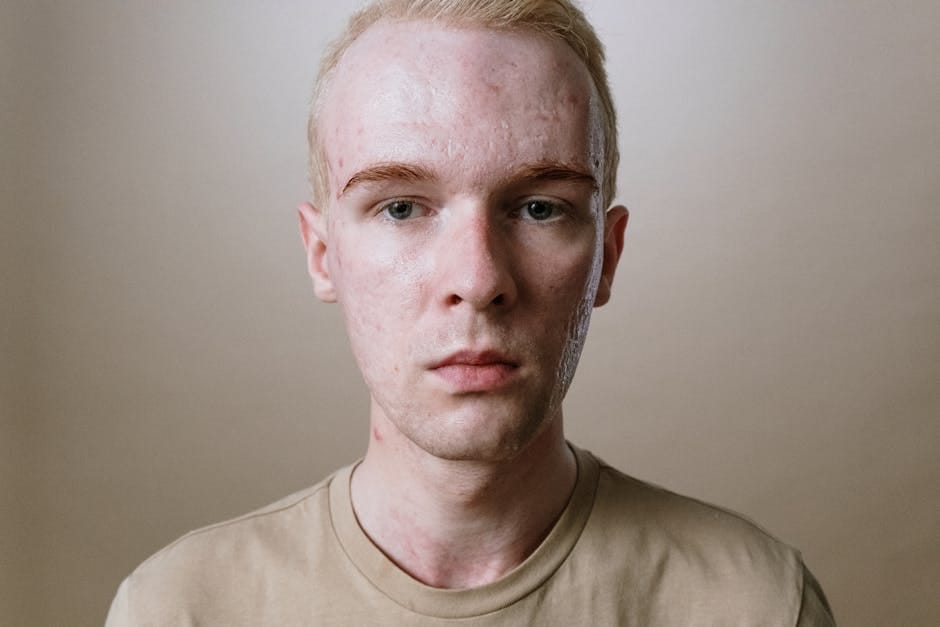Acne is a common skin condition that affects people of all ages. It is caused by the overproduction of sebum, which is a natural oil that helps to keep skin moist. When sebum becomes trapped in hair follicles, it can lead to the development of blackheads, whiteheads, and pimples.
There are a number of different ways to treat acne, ranging from over-the-counter medications to prescription drugs. In some cases, acne can also be treated with lifestyle changes, such as diet and exercise.
Over-the-counter acne treatments typically contain one or more of the following ingredients:
* Salicylic acid
* Benzoyl peroxide
* Adapalene
* Tretinoin
These ingredients work by killing bacteria, reducing inflammation, and unclogging pores.
Prescription acne treatments are typically used for more severe cases of acne. They may contain one or more of the following ingredients:
* Retinoids
* Antibiotics
* Isotretinoin
Retinoids are vitamin A derivatives that help to reduce inflammation and unclogging pores. Antibiotics are used to kill bacteria that contribute to acne. Isotretinoin is a powerful medication that is used to treat severe cystic acne.
Lifestyle changes can also help to improve acne. Eating a healthy diet, getting regular exercise, and reducing stress can all help to improve the appearance of skin.
If you are concerned about acne, it is important to see a dermatologist for a diagnosis and treatment plan. There are a number of effective treatments available, and with the right care, you can achieve clear, healthy skin.
**Additional Tips for Curing Acne**
* Keep your skin clean, but avoid over-washing. Washing your face more than twice a day can strip your skin of its natural oils and make acne worse.
* Use a gentle cleanser and avoid harsh scrubs. Harsh scrubs can irritate your skin and make acne worse.
* Apply a moisturizer after washing your face. This will help to keep your skin hydrated and prevent it from becoming dry and irritated.
* Avoid picking at your pimples. Picking at your pimples can lead to scarring.
* Get regular exercise. Exercise can help to reduce stress and inflammation, which can both contribute to acne.
* Eat a healthy diet. Eating a healthy diet can help to improve your overall health and well-being, which can also lead to clearer skin.
* Get enough sleep. Getting enough sleep can help to reduce stress and inflammation, which can both contribute to acne.

